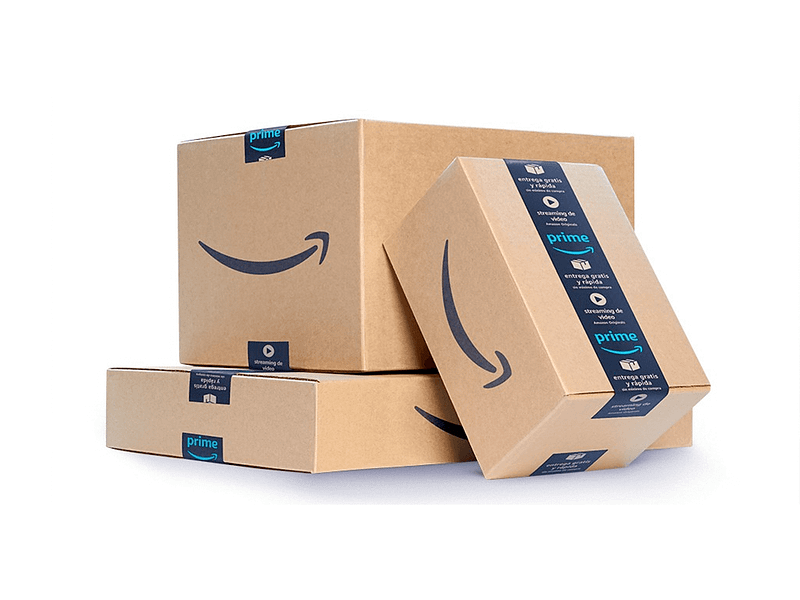
Amazon’s main antitrust violation is the use of price parity clauses with third party sellers. This practice, in effect, is the cause of all other issues that revolve about the odd-ball combination of a marketplace that also offers platform services to their “internal competitors.” Without the price parity, third party sellers are able to list their products cheaper on their own websites or 0% commission platforms such as Google Shopping.
This one paragraph affects 3/4 of raked online e-commerce, starting with Booking.com and ending with Walmart Marketplace that utilize this same exact illegal method to hide their take rake.
The problem of e-commerce has less to do with government controlling the way successful companies operate, and more to do with government not properly enforcing existing laws that protect free markets, specifically, price fixing, price parity, and similar restrictive agreements in collusion between marketplaces and third-party vendors.
E-commerce can balance itself out of the Big Five dynamic if our basic laws are enforced. However powerful may be the gatekeeper, the biggest profit Amazon makes comes from an ability to charge a high take-rake across hundreds of thousands of small vendors while forcing them to match their price on competing marketplaces.
Without this method, Amazon’s take rake can be challenged, and it is being challenged by Google Shopping as of right now. However, while Amazon Marketplace has a 15% rake and Google Shopping has 0% rake, third party sellers must price their products the same on either platform — price party clauses remove an incentive from consumers to actively seek and switch their shopping habits in favor of low-raked or zero-raked marketplaces.
The Internet is a great tool that can easily be used to promote antitrust violations, or free competition. Free competition doesn’t require much, but it does require enforcement of individual competitive behavior among participants. Open e-commerce marketplaces cannot tolerate combination schemes by our competitors, because price fixing is incredibly profitable.